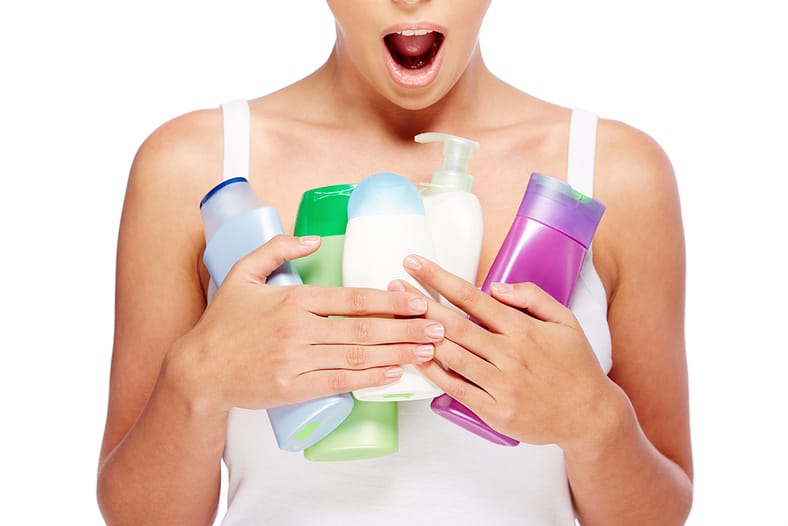

With countless hair products promising luscious locks, knowing which ones will live up to their claims can be difficult. One of the most debated topics is sulfates. Many brands now offer sulfate-free shampoos, but does that automatically make them better choices for your hair and scalp? Read on to learn more about sulfate-free shampoos.
What Are Sulfates?
Sulfates are powerful cleansing agents commonly found in shampoos, soaps, and even toothpaste. The most prevalent ones in hair care are sodium lauryl sulfate (SLS) and sodium laureth sulfate (SLES). Their primary job is to create a rich lather that removes dirt, oil, and product buildup from your hair and scalp. This deep-cleaning action leaves your hair feeling squeaky clean.
The Downside of Deep Cleaning
While sulfates effectively cleanse, they can sometimes be too good at their job. These detergents can strip away your hair’s natural oils and proteins, which are essential for keeping your strands hydrated and protected. Over time, this stripping effect can lead to dryness, brittleness, and breakage.
For people with sensitive skin, sulfates may also cause irritation, redness, or itching. This is why many people question whether sulfate-free shampoos are better for their hair and scalps.
Who Should Use Sulfate-Free Products?
Sulfate-free shampoos and conditioners use milder cleansing agents that gently clean without stripping natural moisture. For certain hair types, this approach is beneficial. Consider making the switch if you have:
- Dry or frizzy hair: Sulfate-free formulas preserve natural oils, reducing frizz.
- Color-treated hair: Milder cleansers help your dye job last longer.
- A sensitive scalp: A gentler formula can soothe your scalp.
When Are Sulfates Good Options?
Despite the growing popularity of sulfate-free options, traditional shampoos still have their place. Sulfates are especially helpful if you have very oily hair or use a lot of styling products. Sulfates’ strong cleansing power can cut through heavy buildup that gentler formulas might leave behind.
Pay attention to how your hair and scalp feel. If your current hair products leave your hair feeling straw-like or your scalp irritated, exploring sulfate-free options could be worthwhile. You can also promote a healthy scalp and repair damage with ingredients such as vitamin E in your products. Regularly massaging your scalp can also boost circulation and encourage healthier hair growth.
Find What Works for You
Achieving truly healthy hair is also about finding the right balance between moisture and protein. Sulfate-free shampoos are gentle, and they conserve your hair’s natural oils, but even with these milder cleansers, hair can become either overly soft (from too much moisture) or brittle (from too much protein).
If your hair is color treated, heat styled, or prone to damage, alternate between moisturizing products and using protein treatments to maintain strength and elasticity. Low-porosity hair may need lightweight moisturizers, while high-porosity hair benefits from heavier, deeply nourishing products. Regular trims can also prevent breakage and help your hair stay healthy.
By observing how your hair reacts, you can make an informed choice that supports its long-term health and vitality. Whether you stick with sulfates or go without, the goal is to find a balance that leaves your hair clean, moisturized, and manageable.


